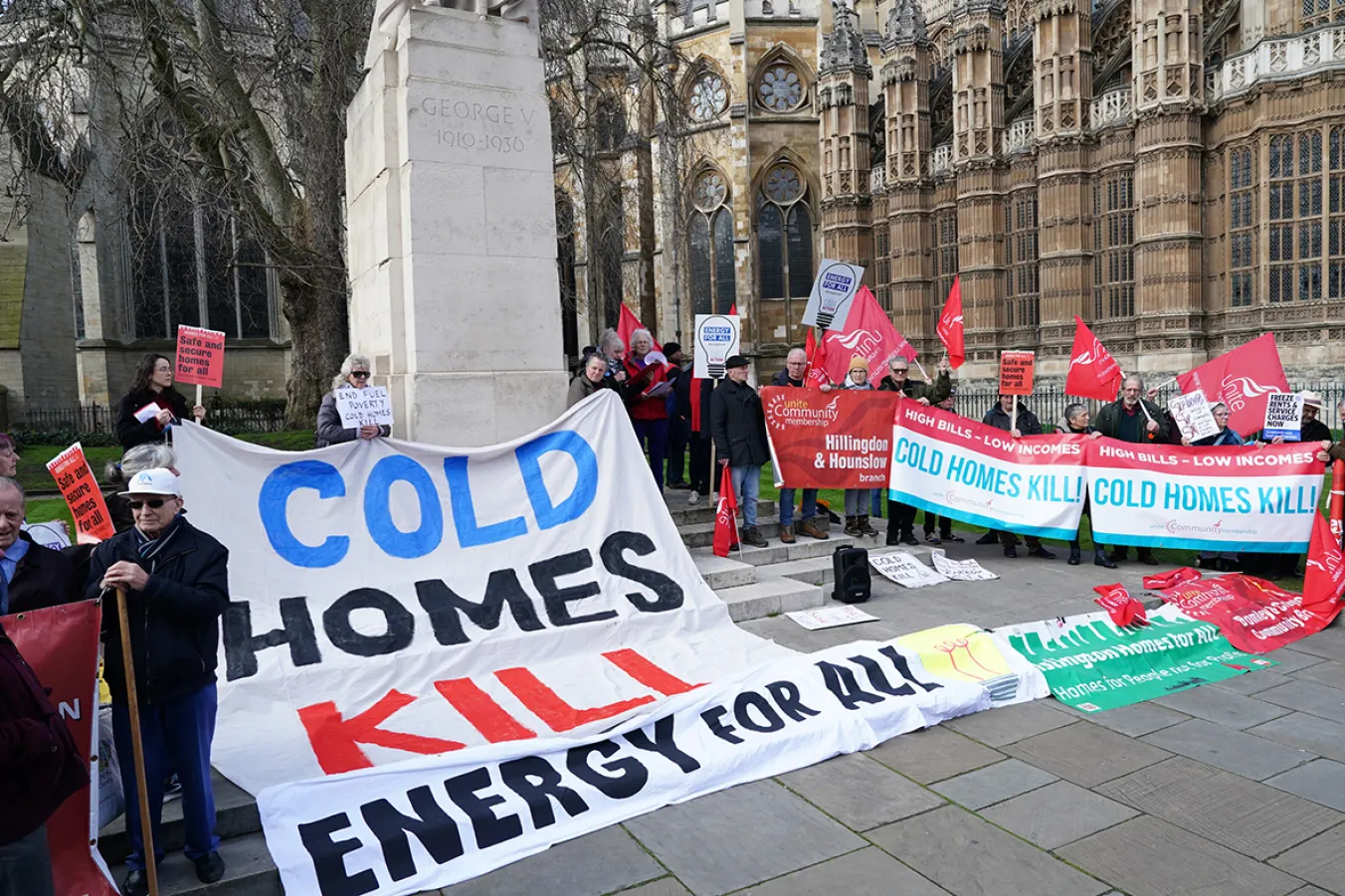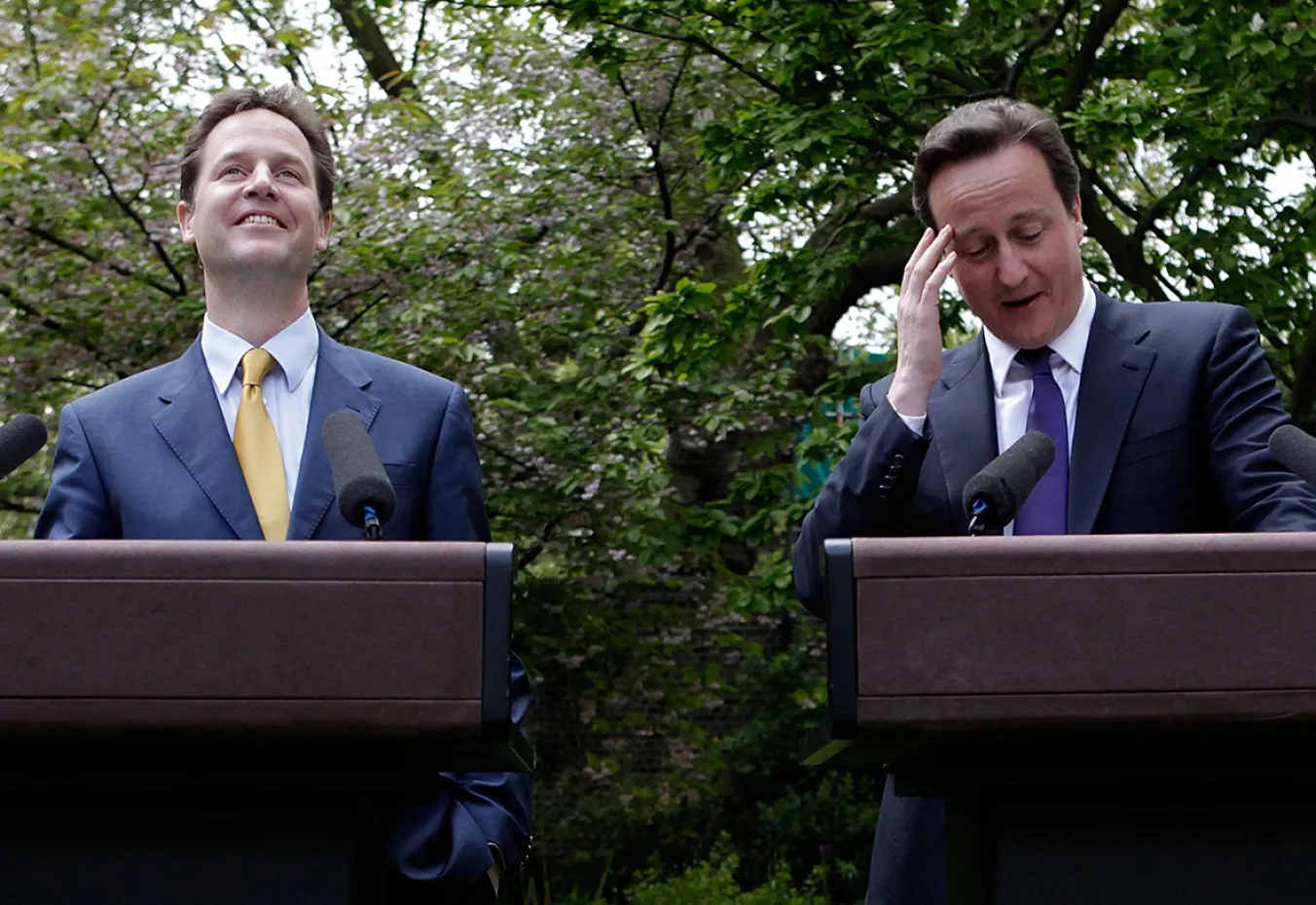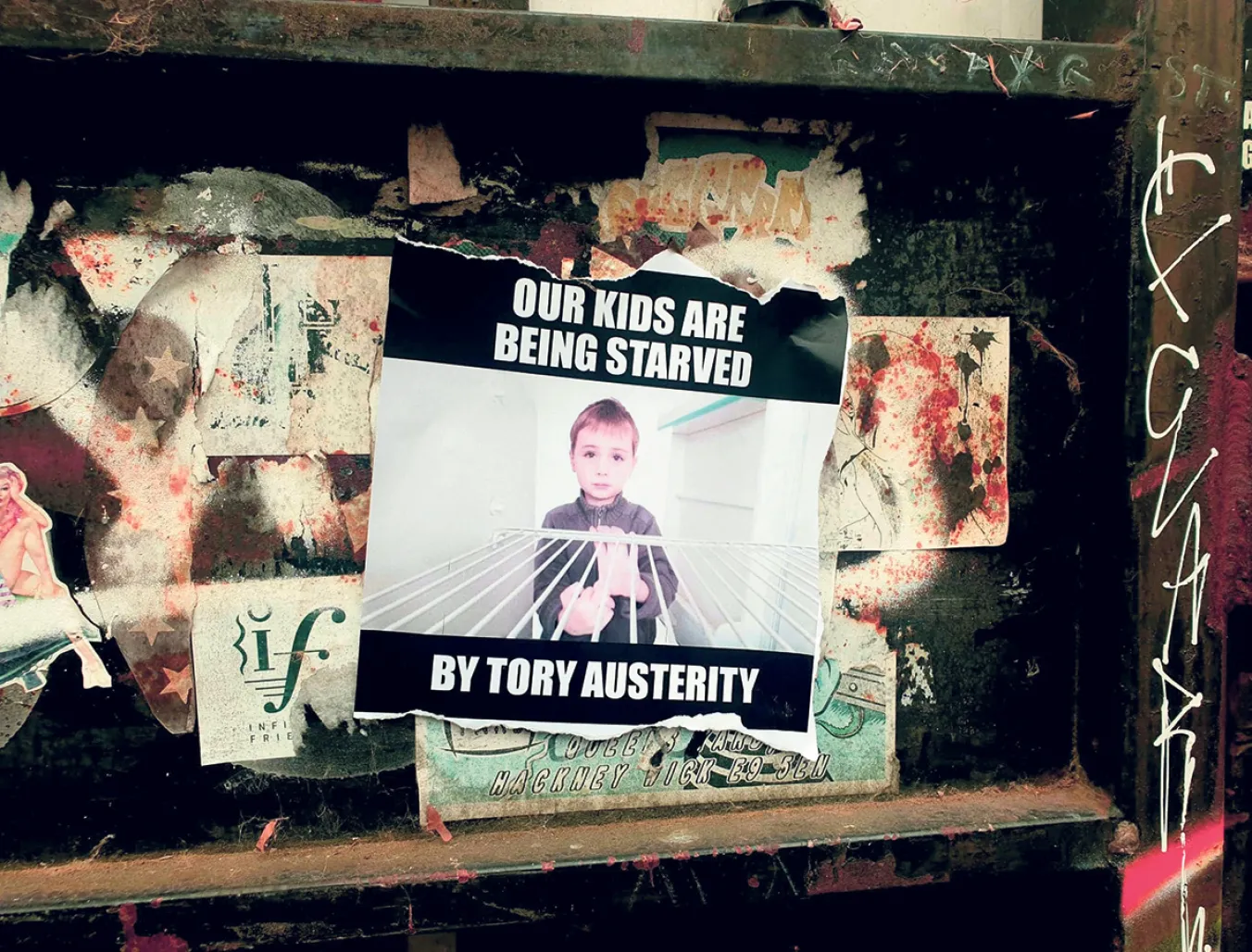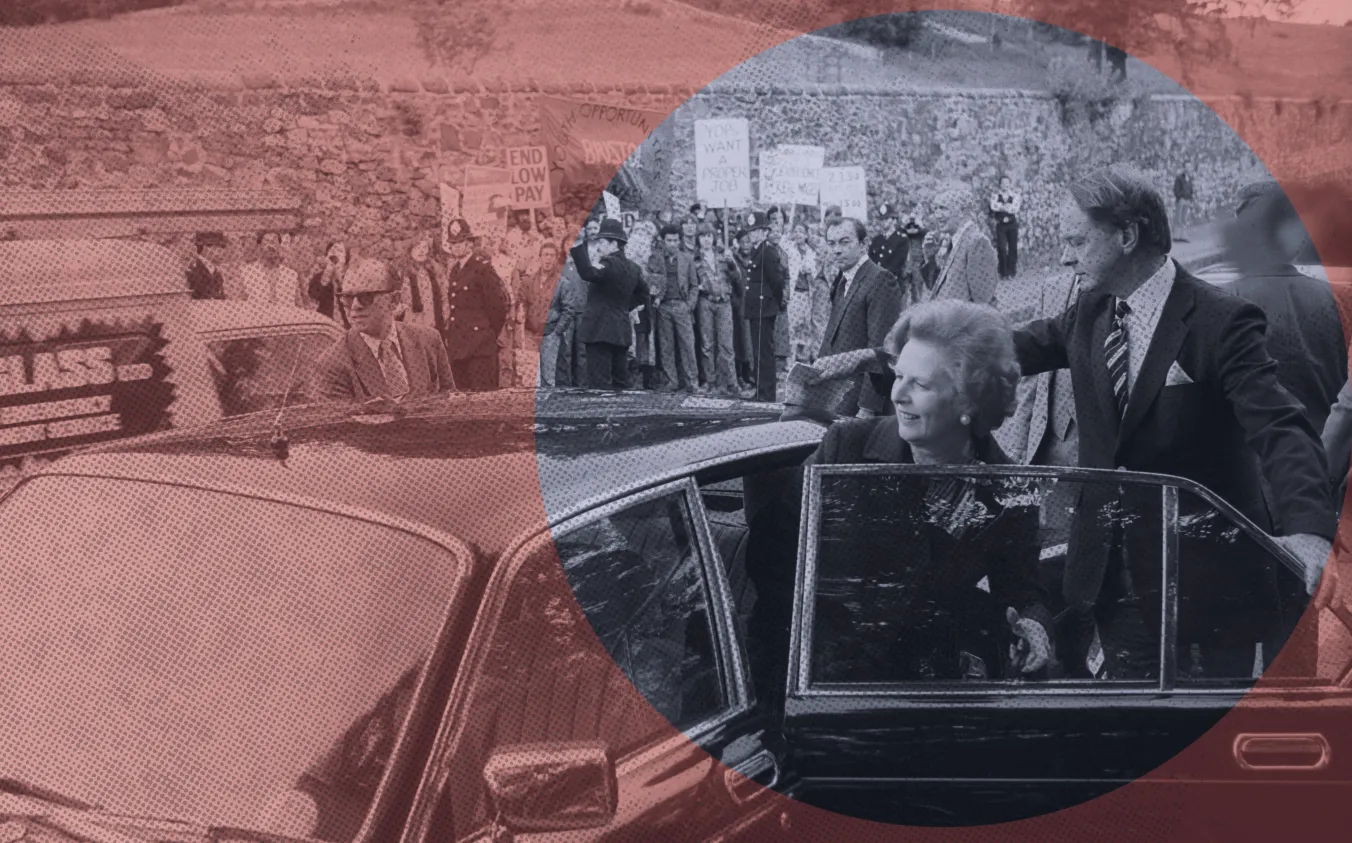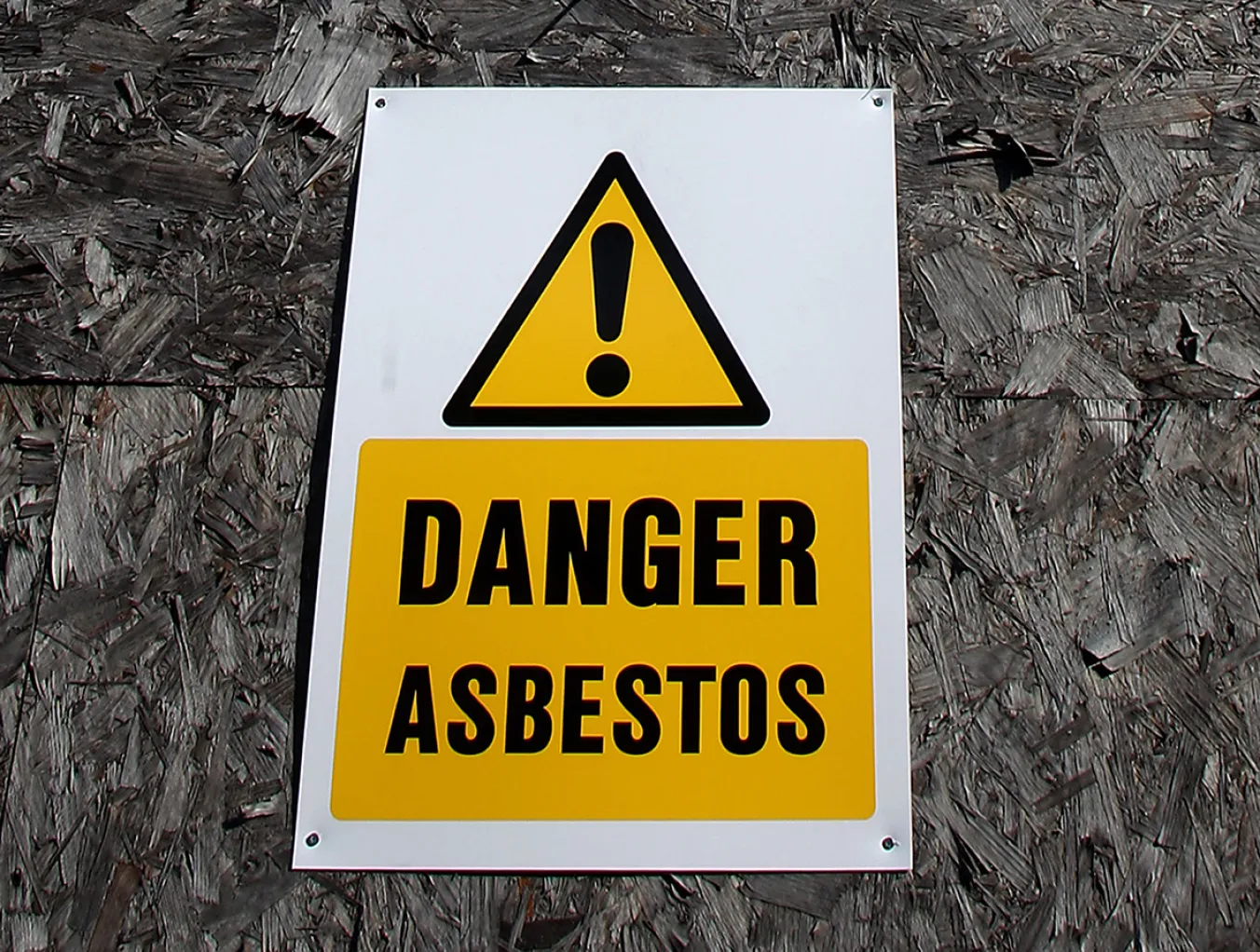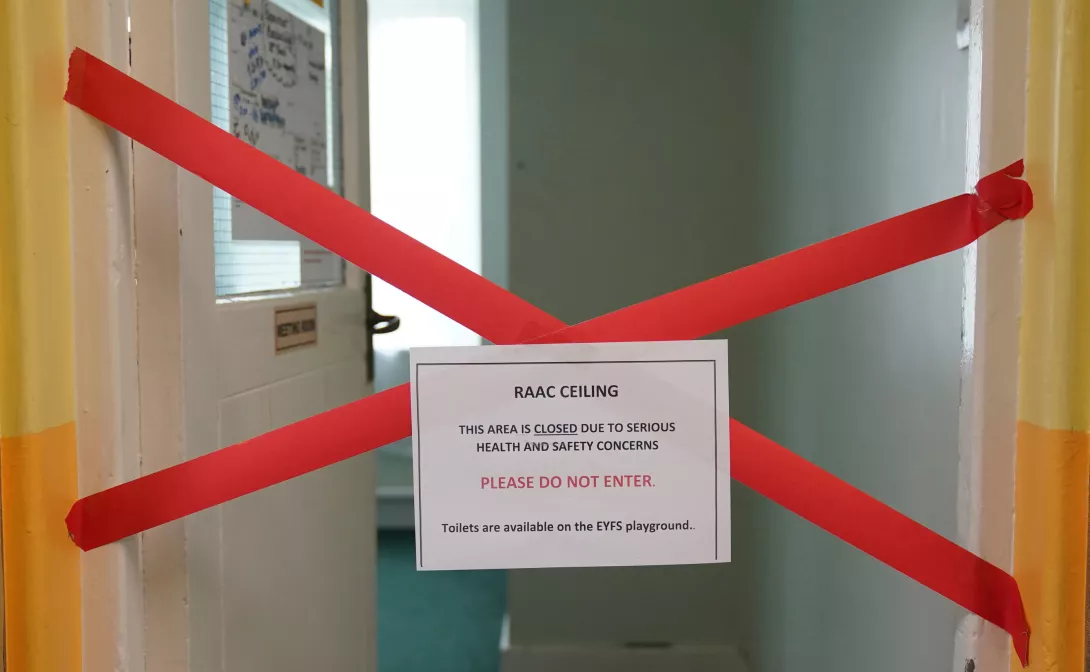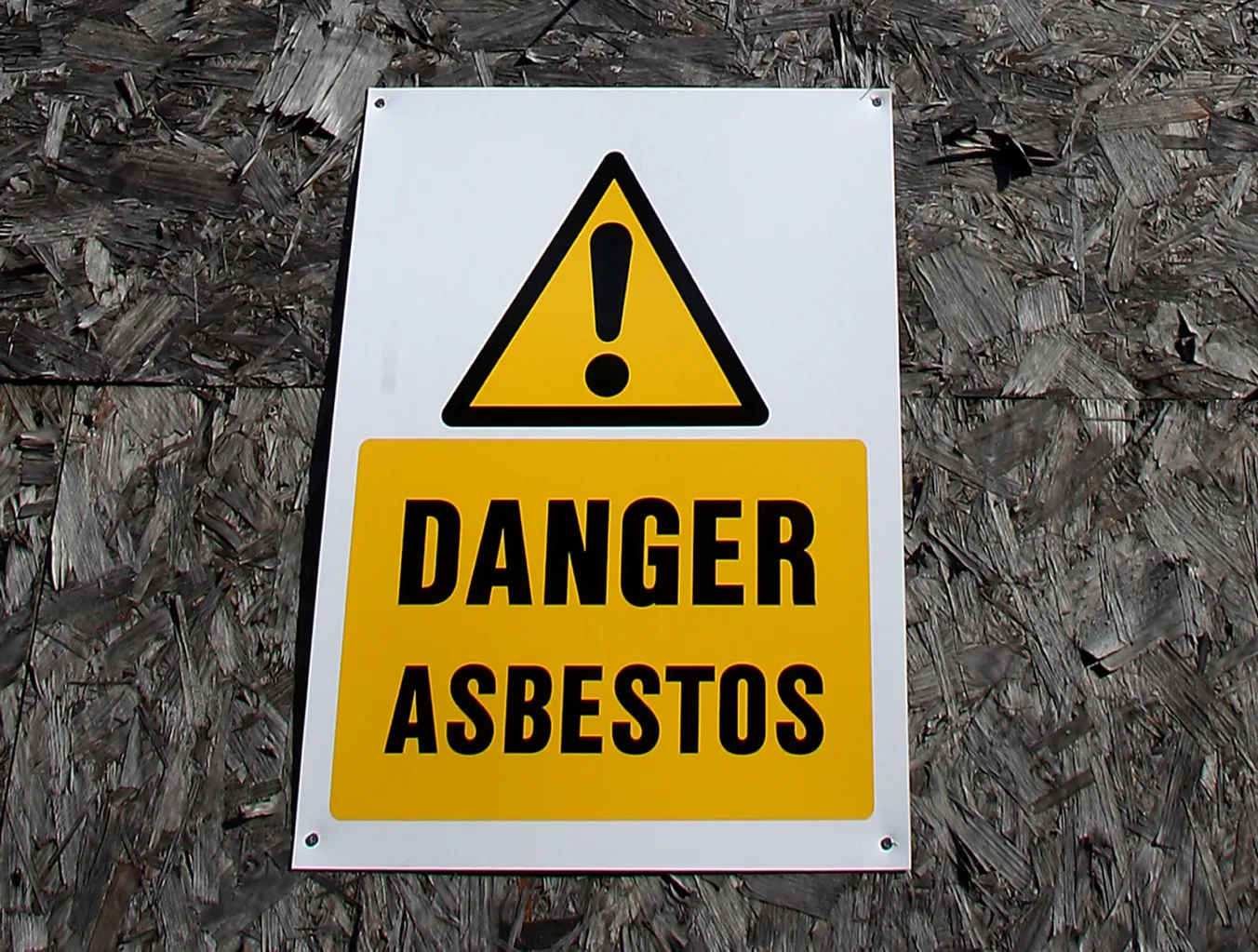
EACH year, we remember those who have been injured or killed at work usually because of inadequate safety protections. Of course we grieve for every injury and death and for all the loved ones who are left with an empty seat at the breakfast table.
But grief is not enough. We need to be both angry and resolute in order to resist an economic system which places the safety of workers as a relatively low priority.
The truth is that the right-wing mythology would have us believe that injuries at work are the consequence of unavoidable accidents. Of course there are some accidents but that is by no means the whole picture.
We can illustrate this viewpoint in recalling the problems caused by asbestos. As a young man, I worked as a manual worker in the building industry. We had little idea at that time just how dangerous asbestos is.
I regularly worked both drilling and sawing asbestos sheeting. Occasionally we were required to mix dry asbestos powder with water in order to make a paste in order to insulate hot pipes. The dust was everywhere, penetrated our clothes and overalls so that when we went home it would enter our domestic lives including possibly the lungs of our families.
A close relative of mine did the same work. He contracted an asbestos-related lung disease and subsequently died. It is a horrible wasting disease to witness and left his two young daughters first to witness its effects and then to grow up without a father.
